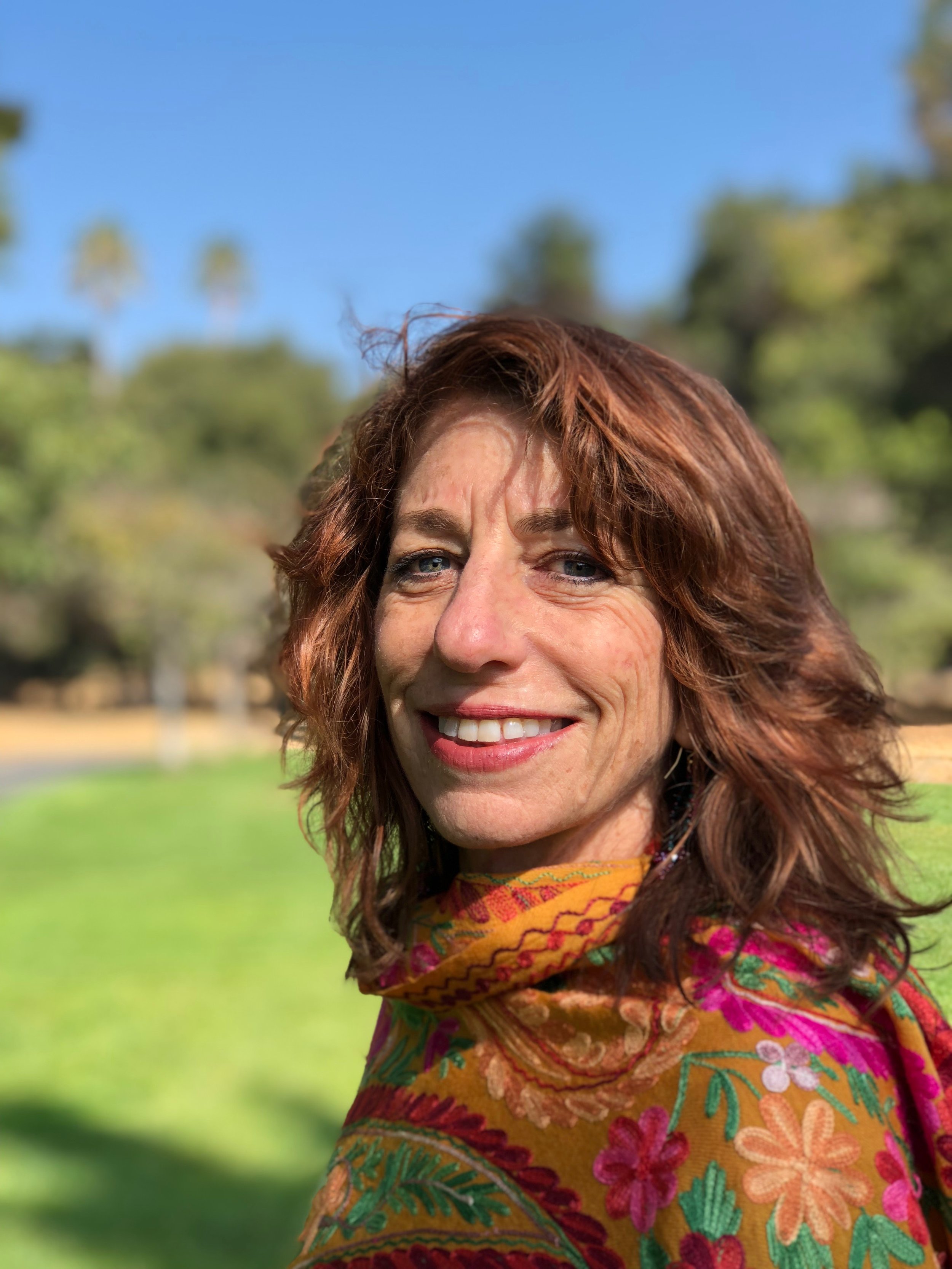Mirabai Starr, Bringing Together Stories & Experiences to Write Wild Mercy

Courtesy Photo
Wild Mercy: Living the Fierce and Tender Wisdom of the Women Mystics is the recently released book by Mirabai Starr. Her latest contribution to the conversation on religion and spirituality presents us with a new perspective: the perspective of the divine feminine.
Starr’s translations of the mystics John of the Cross, Teresa of Ávila, and Julian of Norwich earned her much acclaim in the religion and spirituality genre. As an author, Starr, who teaches philosophy and world religions at the University of New Mexico-Taos, has largely focused on creative non-fiction and contemporary translations of sacred text. Wild Mercy is a hybrid of the two styles of writing.
Wild Mercy is not the first book on spirituality for Starr, but she said that writing this collection of stories was a new and refreshing experience. With more media attention being given to women and their stories, both of abuse and accomplishment, Starr felt it was time to elevate the voice of the feminine, noting the “power imbalance across all communities — especially in spiritual arenas.” The current perspective on religion and spirituality is “skewed to the masculine,” she explained. “As someone who teaches and writes, I had to respond to the feminine voice.”
With Wild Mercy, Mirabai not only writes about the divine feminine, but she also writes from her own spiritual experiences — from her early years living with a shaman to her present interactions with spiritual leaders. With the goal of “uncovering the hidden treasures,” she found that weaving her own stories and experiences with the stories and experiences of female mystics for this book became an “ecstatic adventure.” After years of being “typecast — pigeonholed — to a type of writing,” she explained that it was “very refreshing and liberating to write in this way, without agenda and parameters.”
Even though Starr considers herself both “blessed and cursed” by the fact she has almost always been solicited for her writing, compiling the manuscript for Wild Mercy was extremely hard. The whole of the book had to be completely re-written three times, since this was the first book that she has written “without an agenda or parameters,” not to mention that there are a multitude of female shamans, saints and goddesses whose stories are are scattered amongst various texts.
However difficult it may have been to distill down the multitude of feminine voices along with her own experiences, Starr came to a personal and professional revelation as a result of the editing process. She became aware of what she calls a “huge awareness of white privilege and issues of privilege drawing on religious traditions” which, when writing about eastern and indigenous spiritual traditions, became a challenge. There came a point where she felt uneasy about writing from her own perspective.Yet, because of the diversity of the editing and publishing team that Mirabai works with, and the open communication between them, the book went through its own transformative experience.
In terms of style, Starr said she often finds this genre of writing “dry and boring, pretentious, and lacks irony.” Wild Mercy is different in terms of style as well as perspective. “My books are a mashup of literary and spiritual. My books are lyrical — authentic and vulnerable — because the beauty of language is important to me.”
As an author, Starr writes as much for the reader’s education as she writes as an advocate for feminine spirituality. Wild Mercy is, from her point of view, “geared towards [all religious] traditions” and emphasises the personal connection that sometimes writers are critiqued for employing. Starr has 16 books under her belt, and said this one stands out to her in part because the stories are often her own. “These are stories I get to tell, [they are] much more subversive and [I’m] not afraid to challenge power structures in religions.”
And what about other writers looking to embark on a similar path? Starr offers some sage advice of her own, by encouraging future authors to “be authentic, be vulnerable, be personal; don’t try to act like some fully cooked enlightened being! Be a human being who has had some blessings and insights and is passionate about sharing!”
Wild Mercy: Living the Fierce and Tender Wisdom of the Women Mystics is out now from Sounds True publishing. Although Starr currently resides in the mountains of northern New Mexico, she will be touring the US and Canada throughout the year — be sure to check out where she will be stopping here. If you can’t catch her in person, you can always follow her on Facebook, Instagram, and Twitter.
Tracie Mooneyham works as Program and Grants Manager for the Robins Foundation, a private foundation working to strengthen the community of Richmond, Virginia. She also serves as Content Editor for Initiatives of Change International, working with a network of teams and individuals whose goal is to build trust through honest dialogue.

